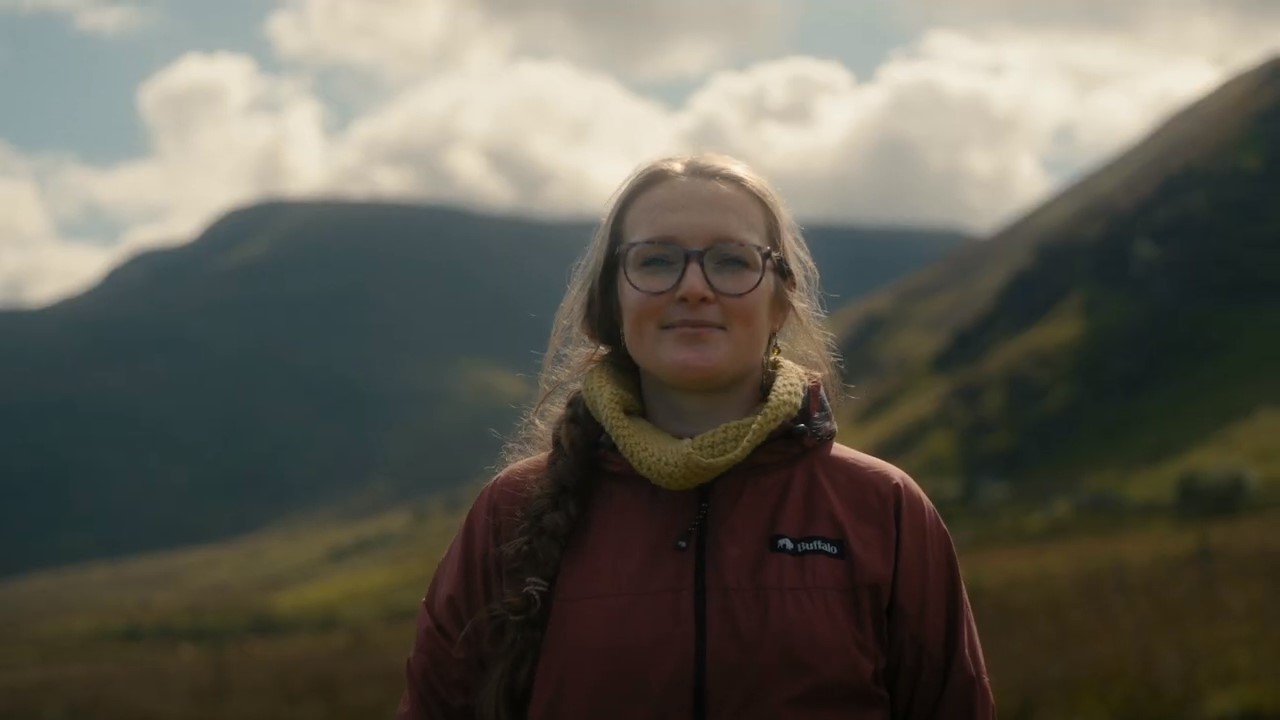The effects of climate change are happening now, and the time to reverse these effects is running out.
(Friends of the Earth Cymru statistics)
Not a day goes by without climate being mentioned in the news, on social media or in regular conversations.
Opinion polls show that people are more concerned about climate change than ever before.
Climate change is a complex issue that affects us as individuals, our society and our natural world.
Climate change is not something that will happen in the future; it is the changes happening now, which will affect Wales significantly.
Natural climate changes have occurred on Earth throughout its history, but there is clear evidence that human activity, such as burning fossil fuels, has caused the temperature of the Earth to rise.
Although the effects of climate change in Eryri may not be as extreme as those occurring in southern and eastern parts of the British Isles, we will undoubtedly experience significant changes. Over the coming decades, winters will become even wetter, and winter and summer temperatures will rise.

The effects of climate change will leave their mark on Eryri. It is vitally important to adapt and respond to climate change in order to minimise the damage to the natural world, our society and the economy.
Eryri has valuable wildlife species and habitats that are endangered by climate change. The National Park Authority plays an essential role in addressing this problem.
One example is the peatland restoration projects, as this type of landscape can protect and restore biodiversity and store carbon. Upland peat in the National Park is a vast carbon store (17 million tonnes), and 30% of Wales’ peatland is in Eryri.
Nature and habitats such as peatlands, woodlands and saltmarshes can be used to reverse the effects of climate change.
By conserving and reconnecting these areas, their resilience can be enhanced, and the wildlife that lives there can be propagated.
Snowdonia National Park Authority works alongside many other organisations to reduce the effects of climate change. All departments within the Authority are working together on several schemes, including: